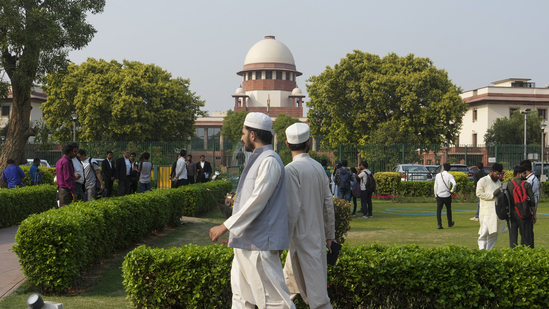On Thursday, the Supreme Court agreed to look into whether Muslims can choose to follow India’s secular succession laws for their properties instead of Sharia law, without having to give up their faith. A man named Naushad KK from Kerala’s Thrissur district filed a plea asking for this choice.
Naushad’s petition argues that Muslim individuals should have the right to decide how their property is passed on after they die. He wants the court to allow Muslims to create wills (which are documents that tell how to distribute their belongings) that follow Indian laws instead of Sharia law, which has some restrictions.
Right now, under Sharia law, a Muslim can only pass on one-third of their property through a will. The rest must go to family members through fixed Islamic rules. This can be very limiting. Naushad believes that this restriction goes against the Indian Constitution, which supports equality and personal freedom.
His plea highlights that Muslims should have the same freedom to make wills as everyone else in the country. It talks about how religious laws shouldn’t force someone to follow rules they don’t believe in. For example, if a Muslim gets married under the Special Marriage Act—a secular law—they aren’t bound by Islamic marital laws. So, if they choose to make a will, it should be recognized too.
The petition also asks the government to think about changing laws to ensure everyone can decide how to handle their property, regardless of their faith. The Supreme Court has combined Naushad’s case with similar pending cases, including one from a woman named Safiya P M, who does not identify as a believer anymore and wants the freedom to manage her own property.
Supreme Court to Review Muslim Rights in Succession Laws





Leave a Reply